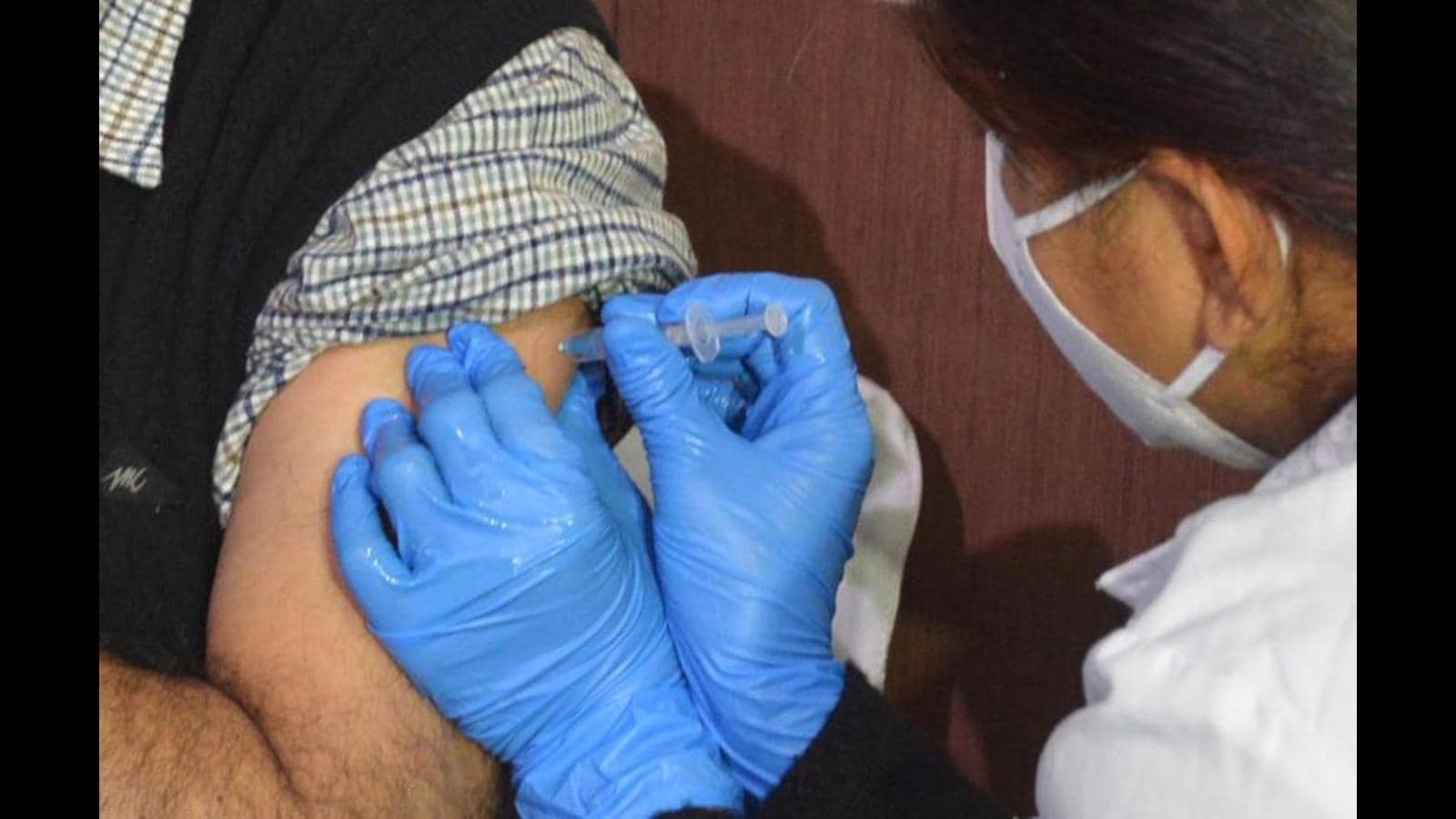Develop social media strategy to fight fake info on Covid: Experts

From linking 5G communication technology and male infertility to the Covid-19 pandemic, the state health authorities see fake theories being floated on social media as major contributors to the slow response to vaccination in the rural areas.
As the Punjab government has yet to draw up a strategy to debunk unfounded claims, conspiracy theories are being spread to disrupt the government’s plans to contain the pandemic.
Also read: ‘Enough is enough’: IMA demands prosecution of Ramdev under Epidemics Act
Communication analysts say that the state government may take a cue from the Centre’s Press Information Bureau (PIB) to combat hoax messages on social media. State ministers, MLAs and MPs should proactively step forward to clear rumours around Covid-19 and its treatment, the experts say.
The government should identify specific false narratives challenging Covid-appropriate behaviour and engage professionals for the effective handling of misinformation and fake news, they say.
Vaccine hesitancy, containment zones in Fazilka
Fazilka district epidemiologist Dr Sunita confirms that during mass testing it was observed that villagers attributed vaccine hesitancy to 5G technology. “It was common to hear in the rural areas that infections and mortality were due to the new age technology used by the communication sector. Scores of them were in a denial on the pandemic and we are still struggling to convince them,” she says.
Fazilka has the highest nine villages as containment zones where the areas are sealed due to a high number of virus infections.
Bhartiya Kisan Union (Haryana) president Gurnam Singh Chaduni recently told villagers that the large number of deaths in the rural areas was due to 5G radiation and not Covid-19.
5G testing hasn’t even started in the country
The testing of the 5G network has not yet started anywhere in India, says the Cellular Operators Association of India (COAI) in a recent press statement.
“Such audio and video messages by others as well are on social media for quite some time. Rural communities take farmer union leaders seriously on such issues. Since fake narratives have not been countered, a section of people still believe that the pandemic is not an emergency medical situation but an official conspiracy to derail the farmer agitation against the farm laws,” says a civil surgeon.
Another source in the health department says a section of people fear vaccination may affect male fertility or cause genetic changes among young women. “The global scientific community has ruled out any such impact of vaccines, but these issues are prevalent among the urban and rural population. In April, the state government roped in Moga born actor-philanthropist Sonu Sood as a brand ambassador for Punjab’s vaccination programme, but he has hardly any visibility on the importance of Covid-appropriate behaviour,” he said.
Engage religious leaders, Punjabi singers
According to Rubal Kanozia, a media analyst and an assistant professor at Central University of Punjab, Bathinda, the Punjab government should engage religious leaders, Punjabi singers and even news anchors, who have a sizeable following on social media, to debunk myths associated with the pandemic and vaccination.
“Punjab has a significant penetration of smartphones in villages and celebrated faces can become a game-changer by using social media platforms. A call by heads of religious institutions and deras can improve inoculation significantly,” he adds.


